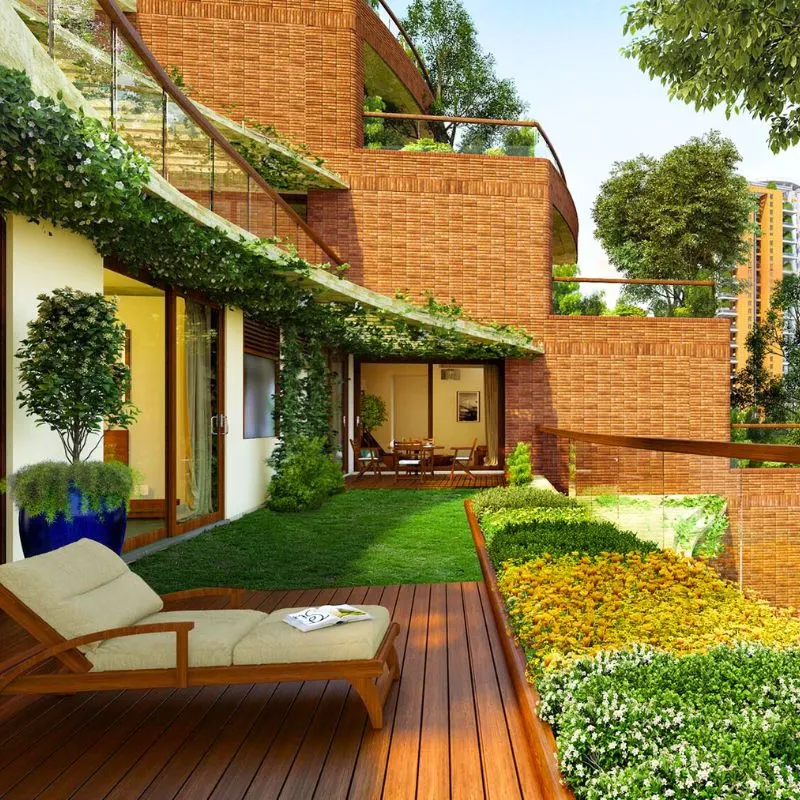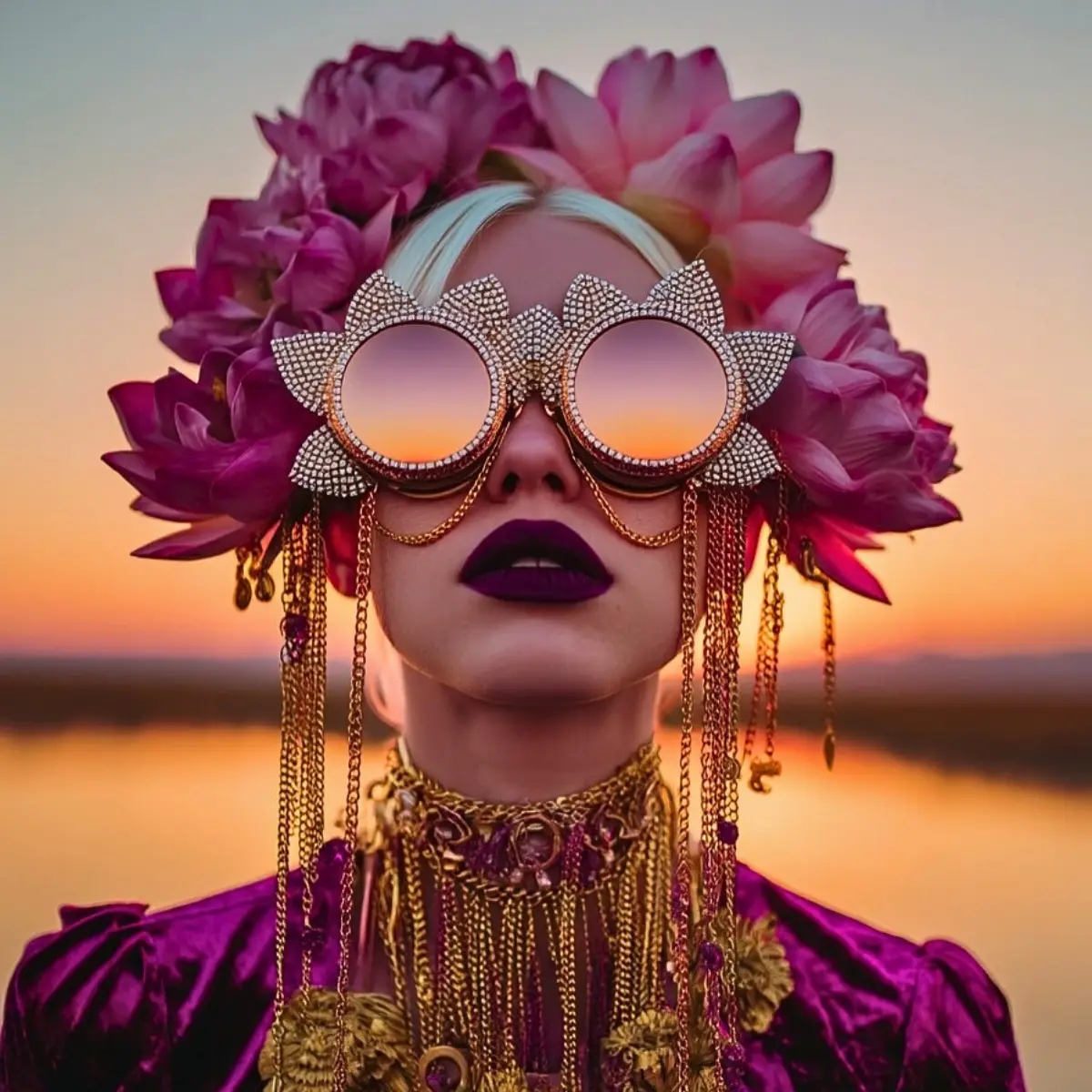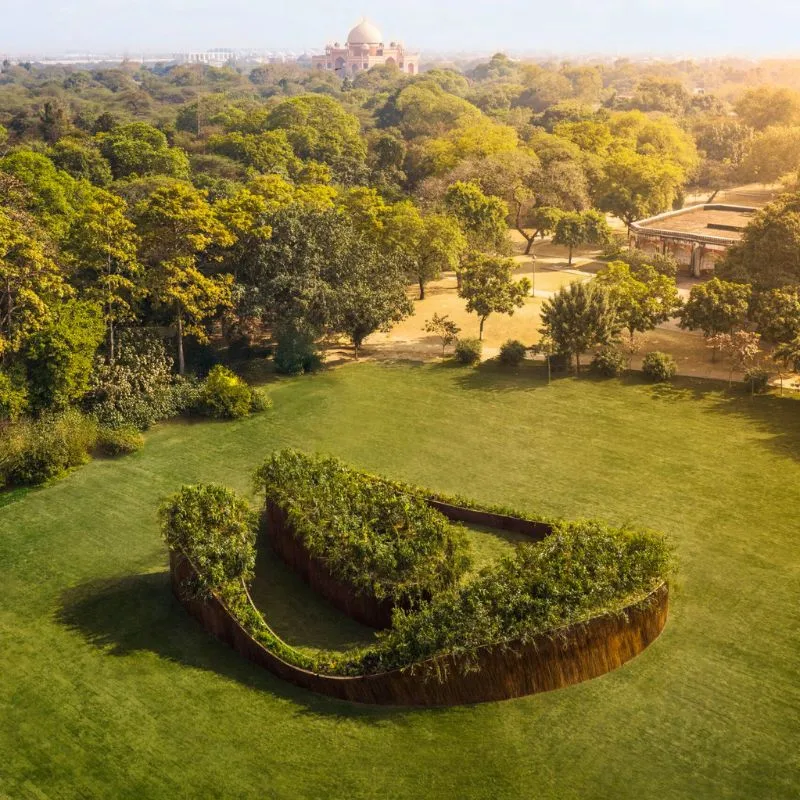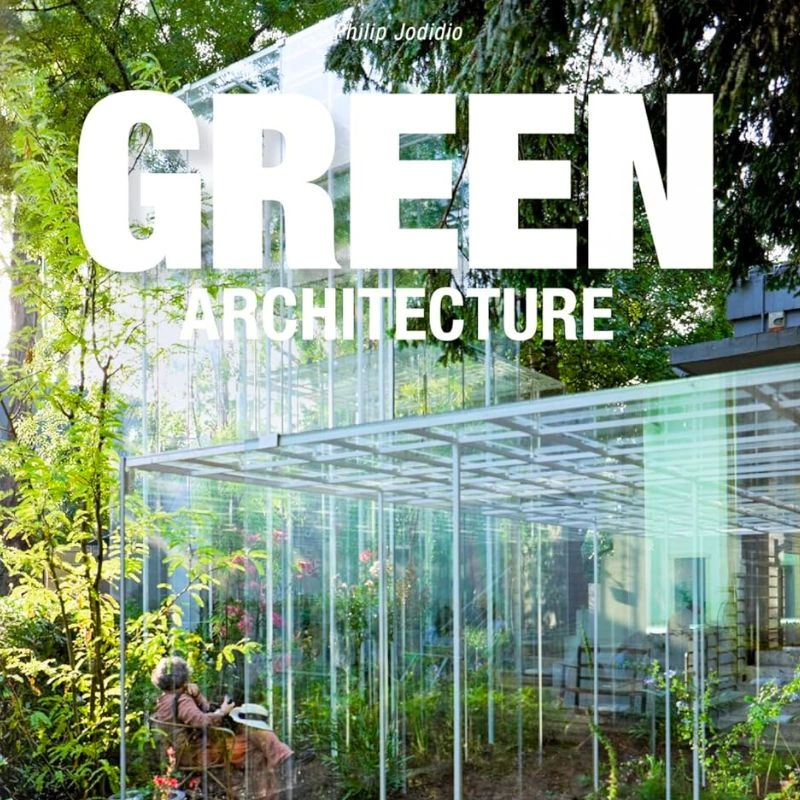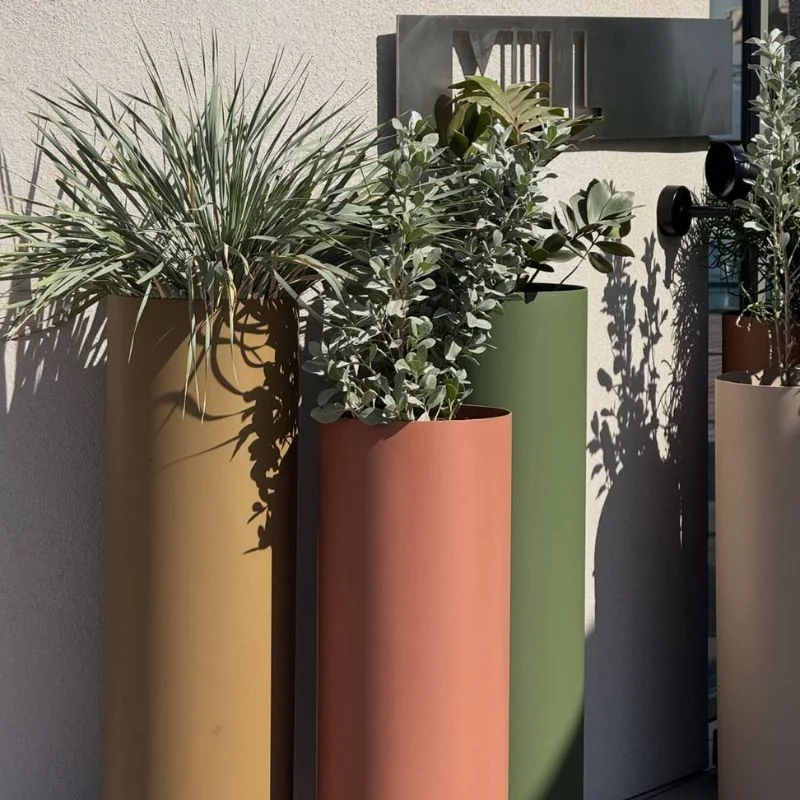Hajar Ali, the globetrotter and AI artist, has always been caught by the intersection of technology and creativity. She wants to share with the world how artificial intelligence is revolutionizing architecture and interior design. With a differentiated perspective shaped by her diverse experiences around the globe, through her work, Hajar shows how artificial intelligence can be a powerful tool that can help shape the face of architecture and interior design.
Tropical, Architectural, and Creative Designs Envisioned by Hajar Ali Using AI
In today’s world, a groundbreaking source of technology known as artificial intelligence, commonly known as AI, has already transformed lives immensely by reinventing humans' once-known capabilities. Artificial intelligence has impacted every aspect of human life, from commonplace tasks like creating a shopping list to cutting-edge innovations like self-driving cars. Furthermore, according to Statista's data collection portal, the global AI software market is expected to generate $ 126 billion in revenue by 2025, making AI a significant business.
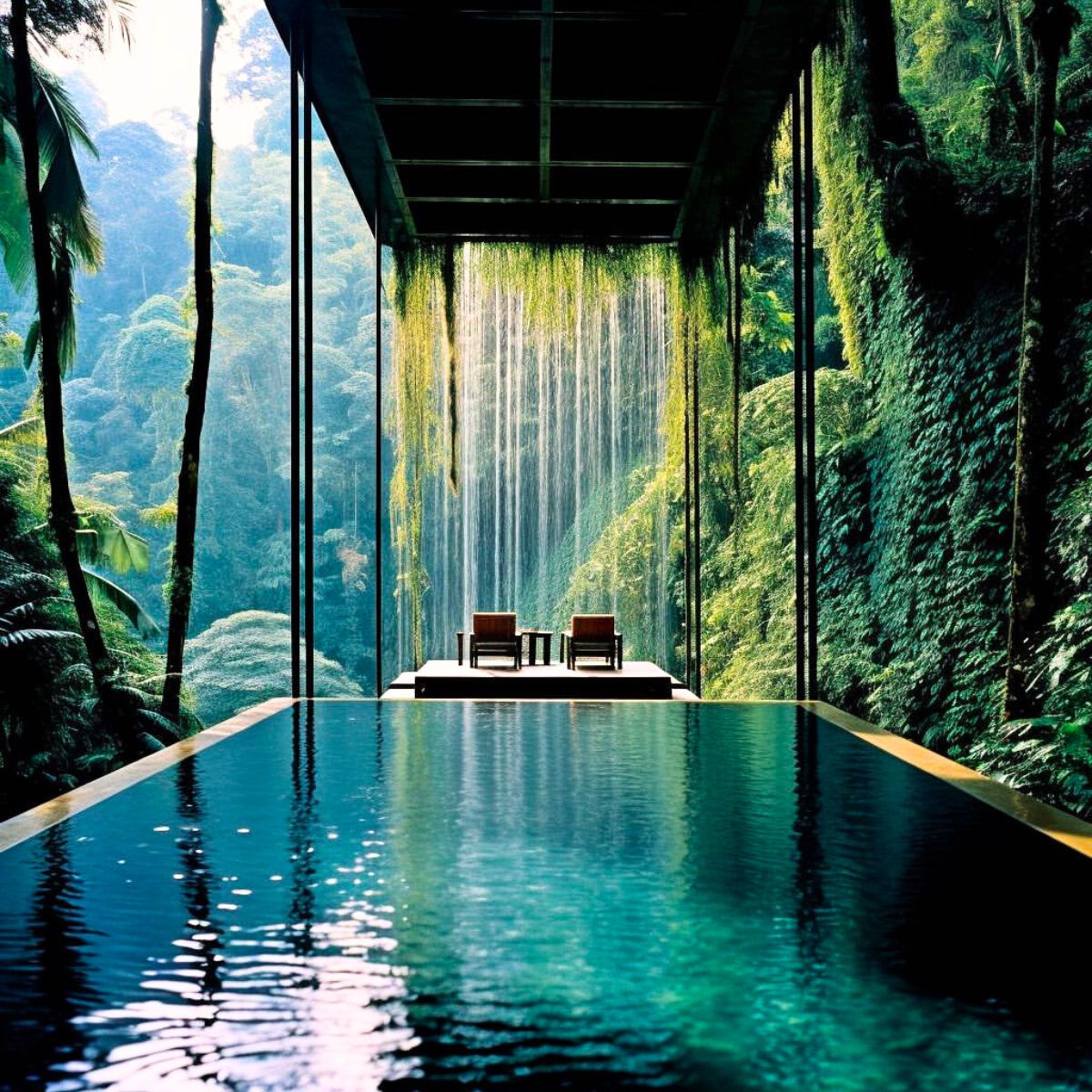
The advent of this software and tools also gave birth to a new breed of artists. One of these is Singapore-based Hajar Ali, now among the most prominent figures in AI art. Ali is the creative force behind the Instagram account 'Reverse Orientalism', which has almost 500k followers as of today.
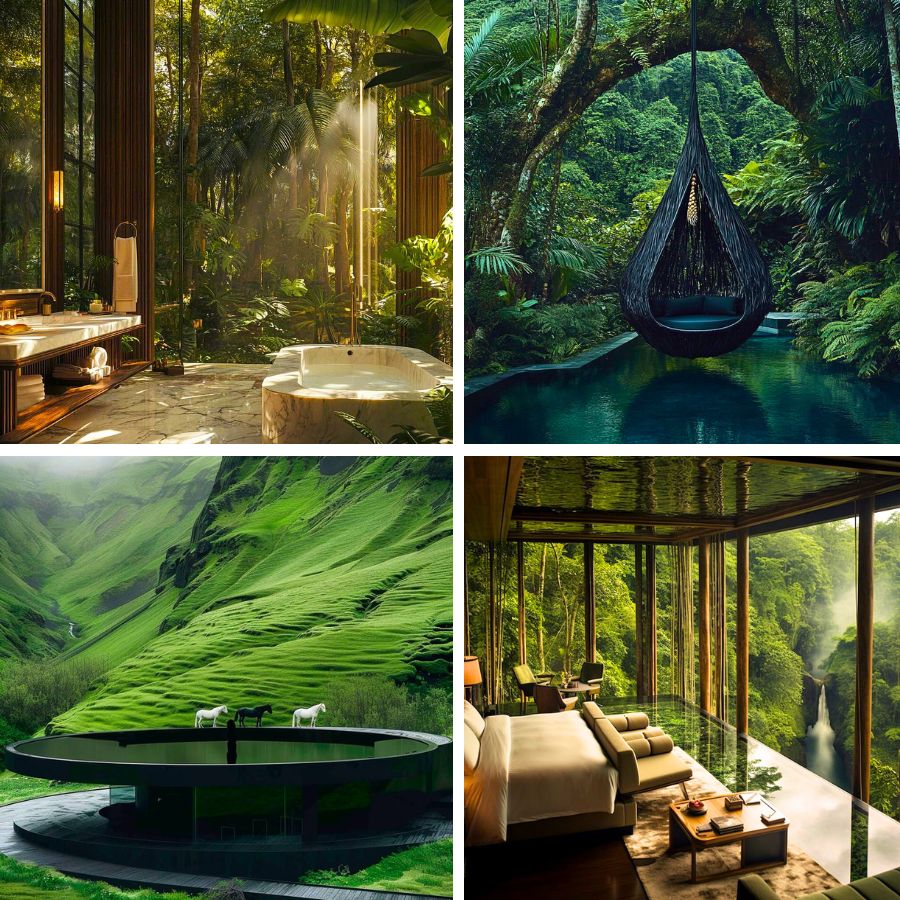
More About the Talented Artist
Hajar Ali is not just any woman. Special is a word that defines her accentuatedly. To give you a bit more context about her, Hajar was the first female to traverse the Rub al-Khali, a thousand-kilometer stretch of sand and intense heat that separates Yemen and Riyadh, Saudi Arabia. She was born in 1979 and has experience marketing luxury hotels abroad, trading digital currency on the stock exchange, traveling to the front lines of the Afghan conflict, and starting an adventure travel company in Patagonia. In addition, Ali is the acting editor of the Mensa high-IQ society's newsletter in Singapore, where she was born. However, the emergence of COVID-19 limited her ability to be curious.
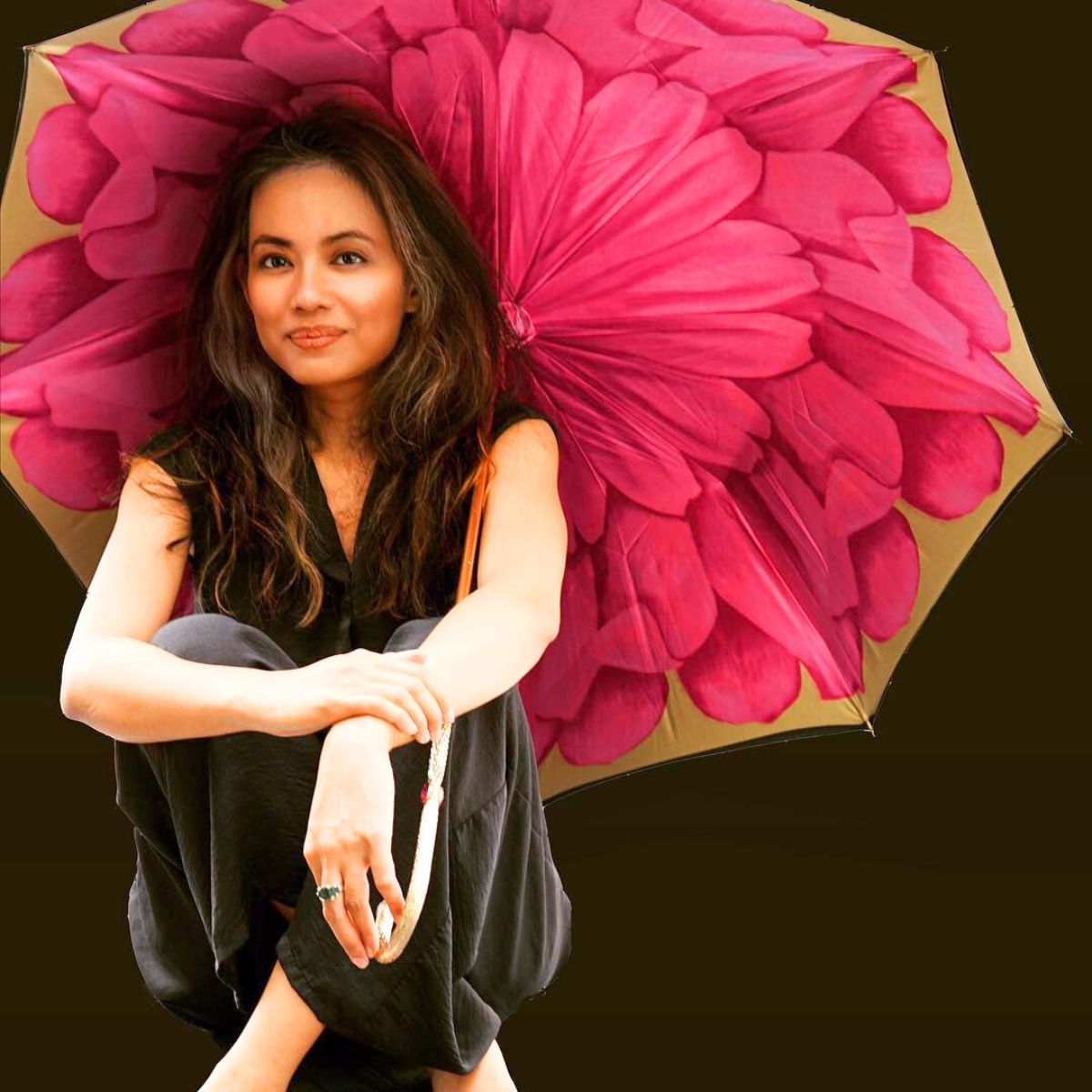
It was during this time that her now-almost-half-a-million followers on social media were born. When the artist first started working with AI, she went through what many people go through when they begin to research the enormous depths of knowledge where programs and algorithms take over, and people voluntarily step aside and allow things to unfold. She was astounded. At this point, she made the decision to take advantage of the endless creative potential available and began creating visual and digital impact through Reverse Orientalism.
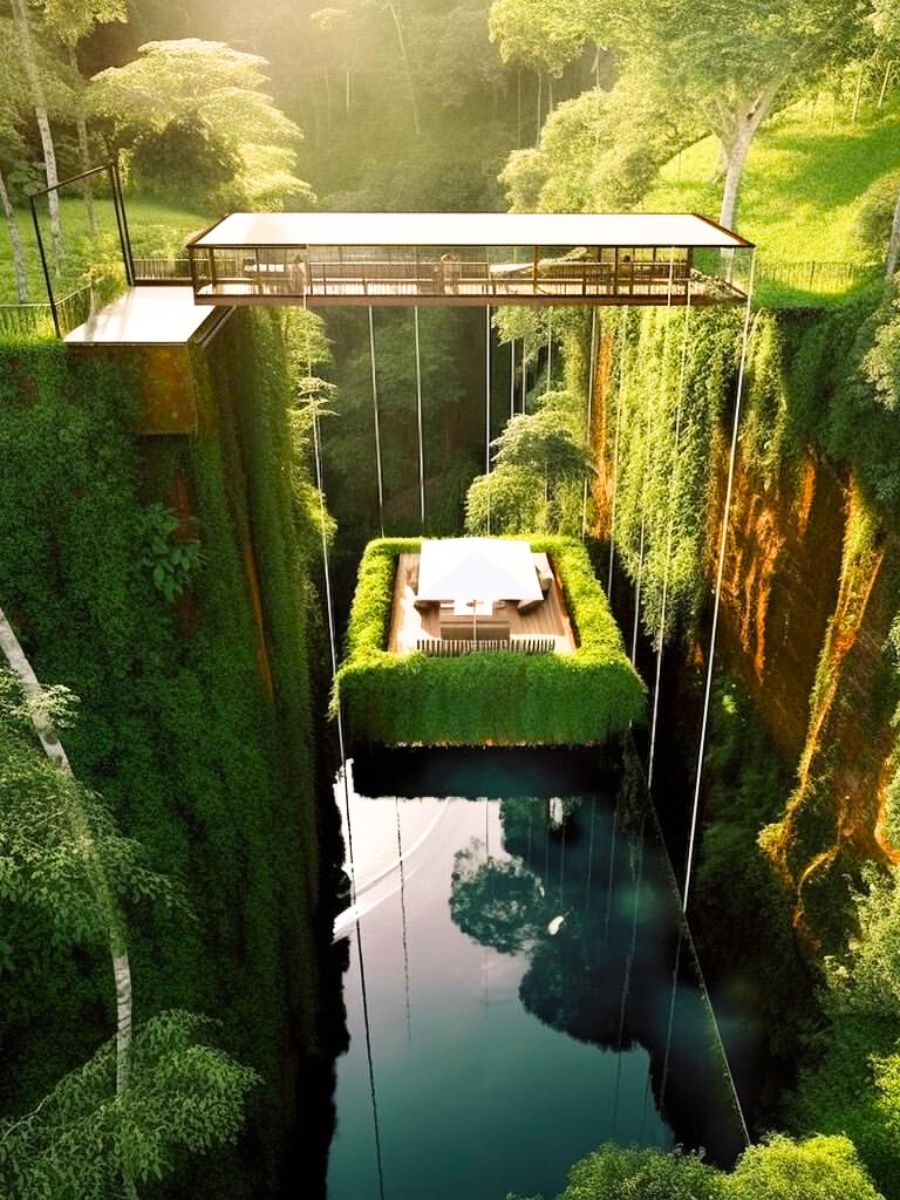
What stands out in her AI works is art, design, and architecture. For this occasion, interiors and architecture that look like green jungles and a home you would want to live in for the rest of your life will be highlighted.
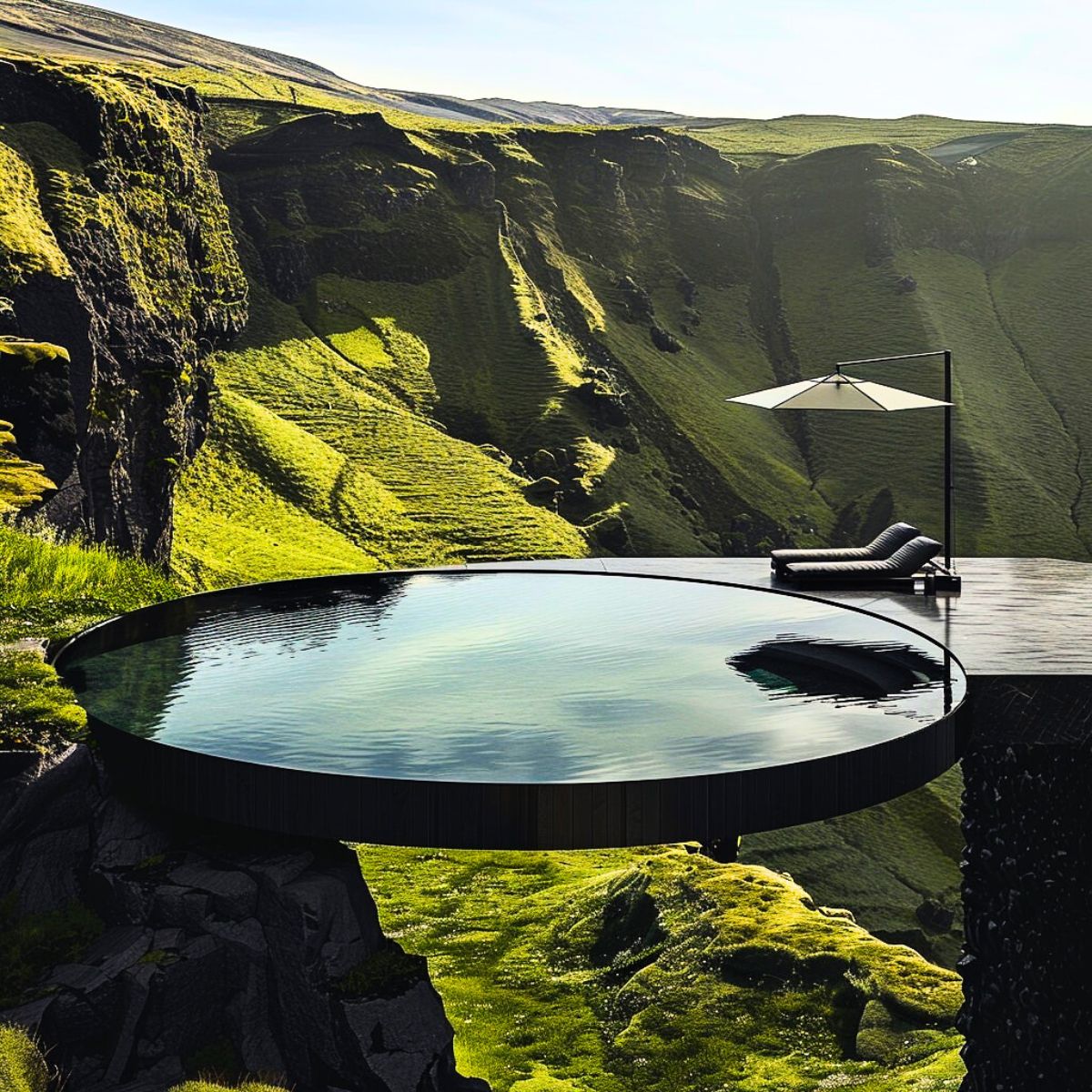
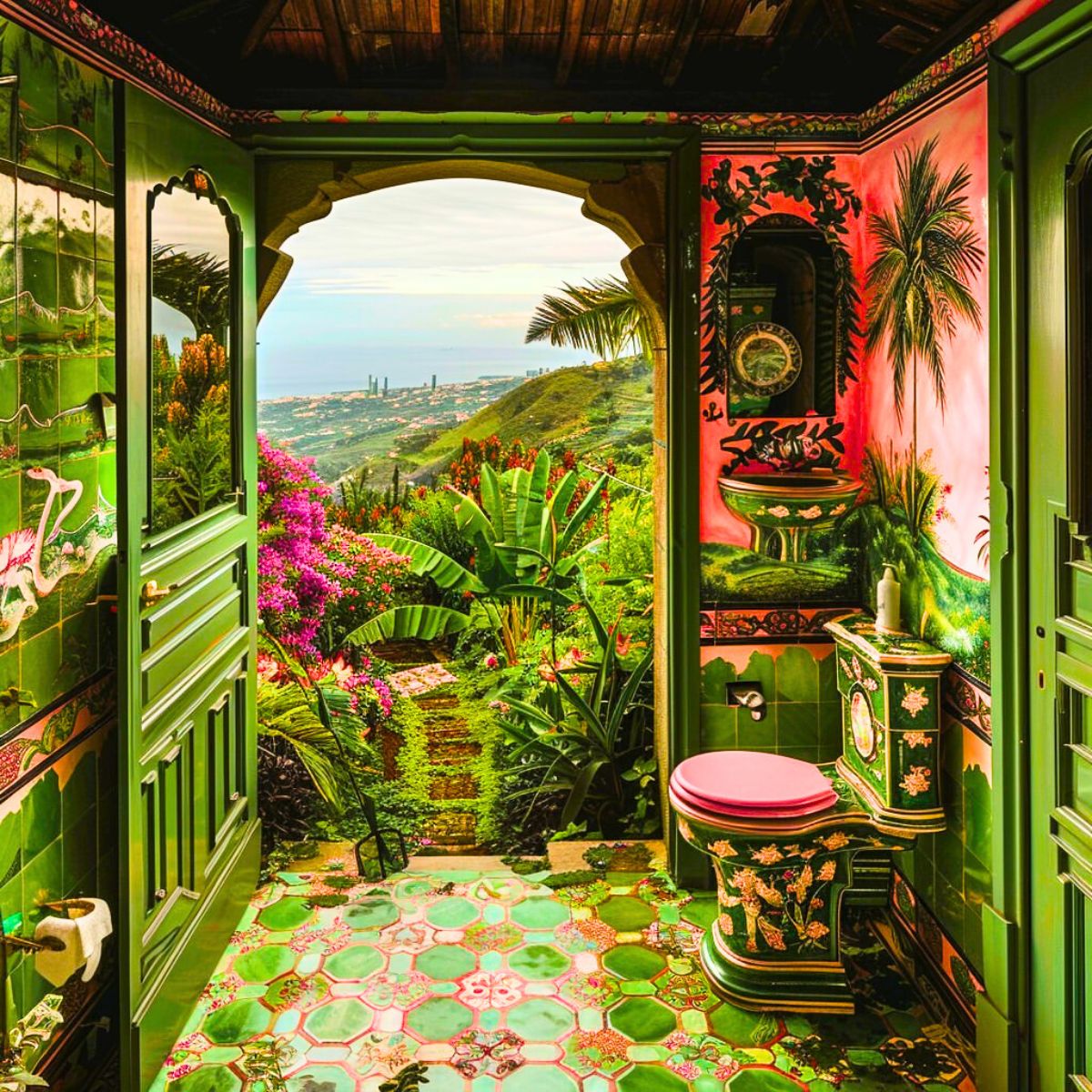
An Instagram Full of Incredible Visuals and Digital Creations
In her Instagram posts, she invites viewers to relax in comfortable sofas, open loggias, or grottos while admiring flowing water, towering jungles, floral spaces, or sparkling plains, as if telling a narrative. The distant haze reveals a craggy mountain range. The day's heat gives way to the cold night. A black concert grand is set against a chalk rock backdrop. Clouds are mirrored on the surface of a pool, while flames flicker from a sacrificial bowl. Occasionally, something precious glides towards the viewer.
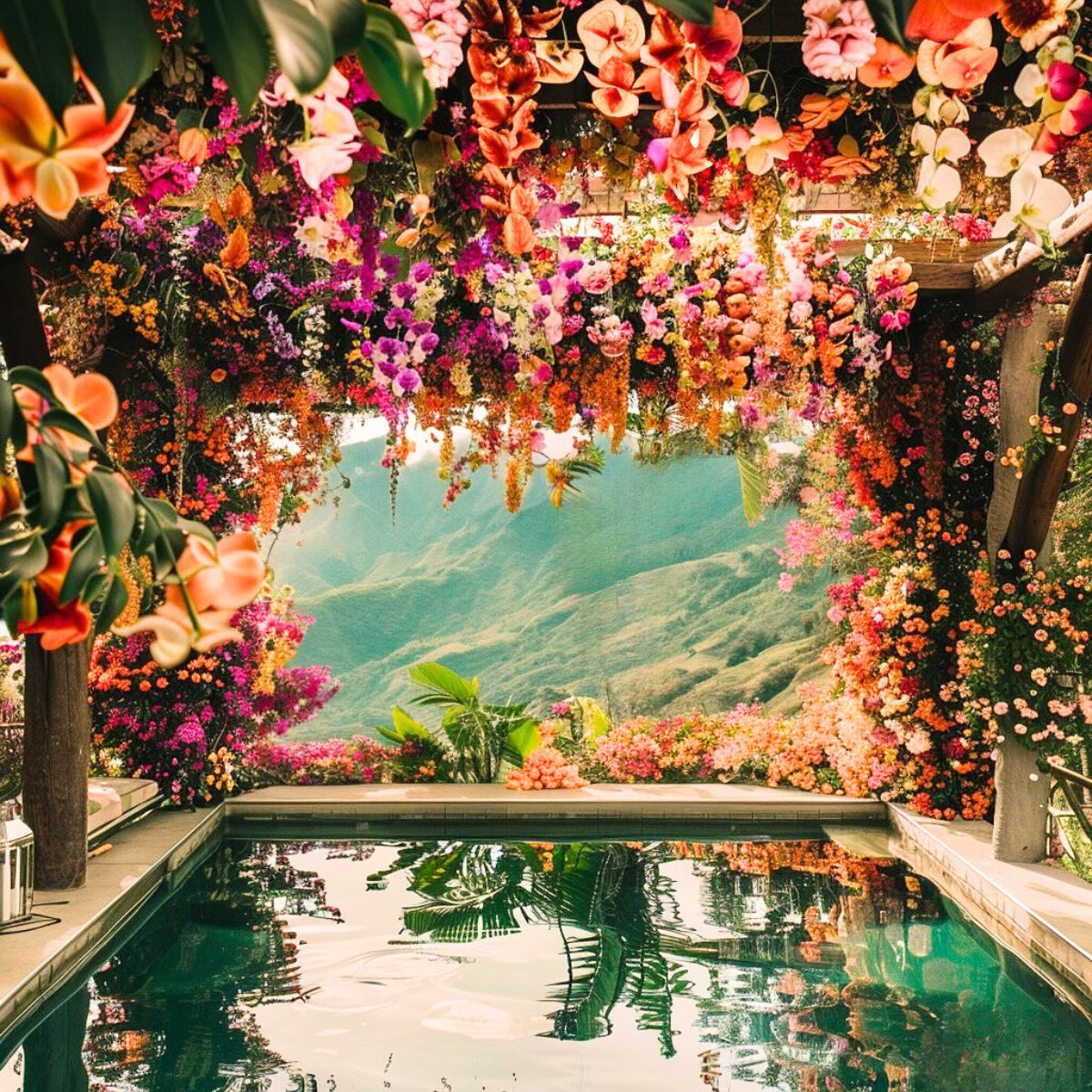
Using AI in architecture and design is not as straightforward as asking Siri for a joke to generate an image. It incorporates a process of analytical and creative thought, similar to traditional architectural approaches. Aside from picking your brain with prompts, or as defined by ChatGPT, 'the input or instruction provided that induces the AI model to generate a response or perform a specific task', one thing that must be considered is finding the right AI program or the perfect mix of programs that will work best with your project.
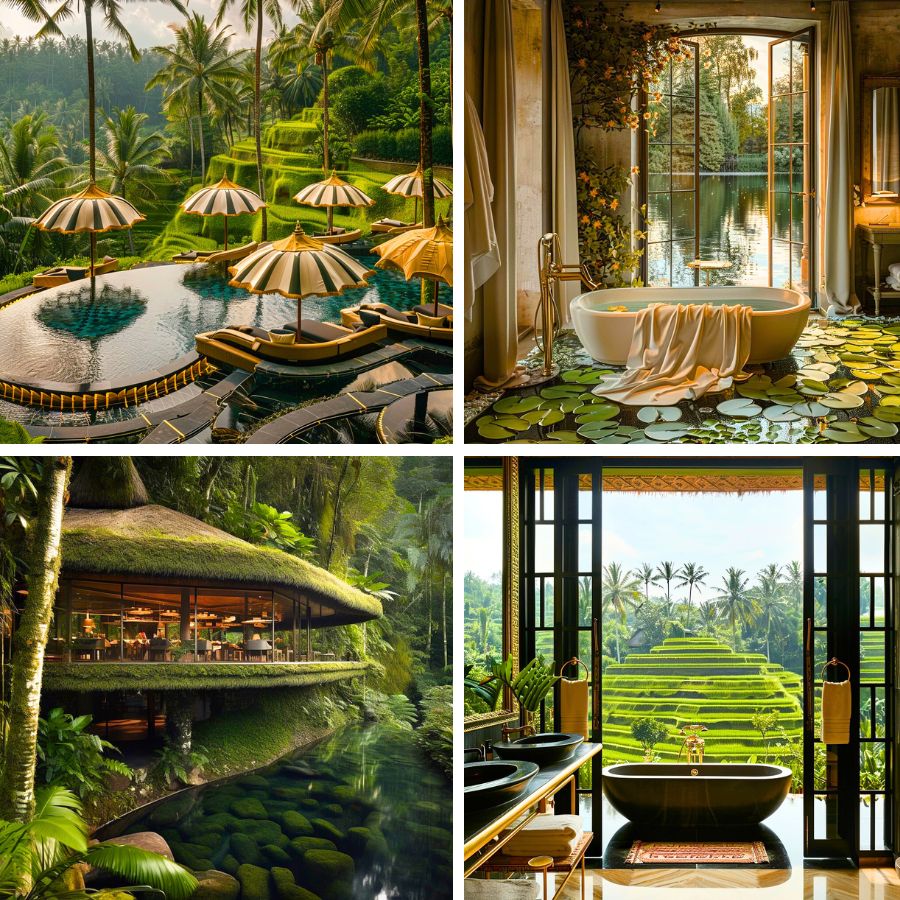
Hajar shares her insight:
"You can use any of the common programs such as Rhino, Revit, Grasshopper, Ladybug, and SketchUp, and link it to AI as part of the workflow. For imagery, there are three main ones: Midjourney, Dall-E, and Stable Diffusion. A whole host of programs specific to the task-design collaboration, floor plans, 3D modeling, etc exist as well."
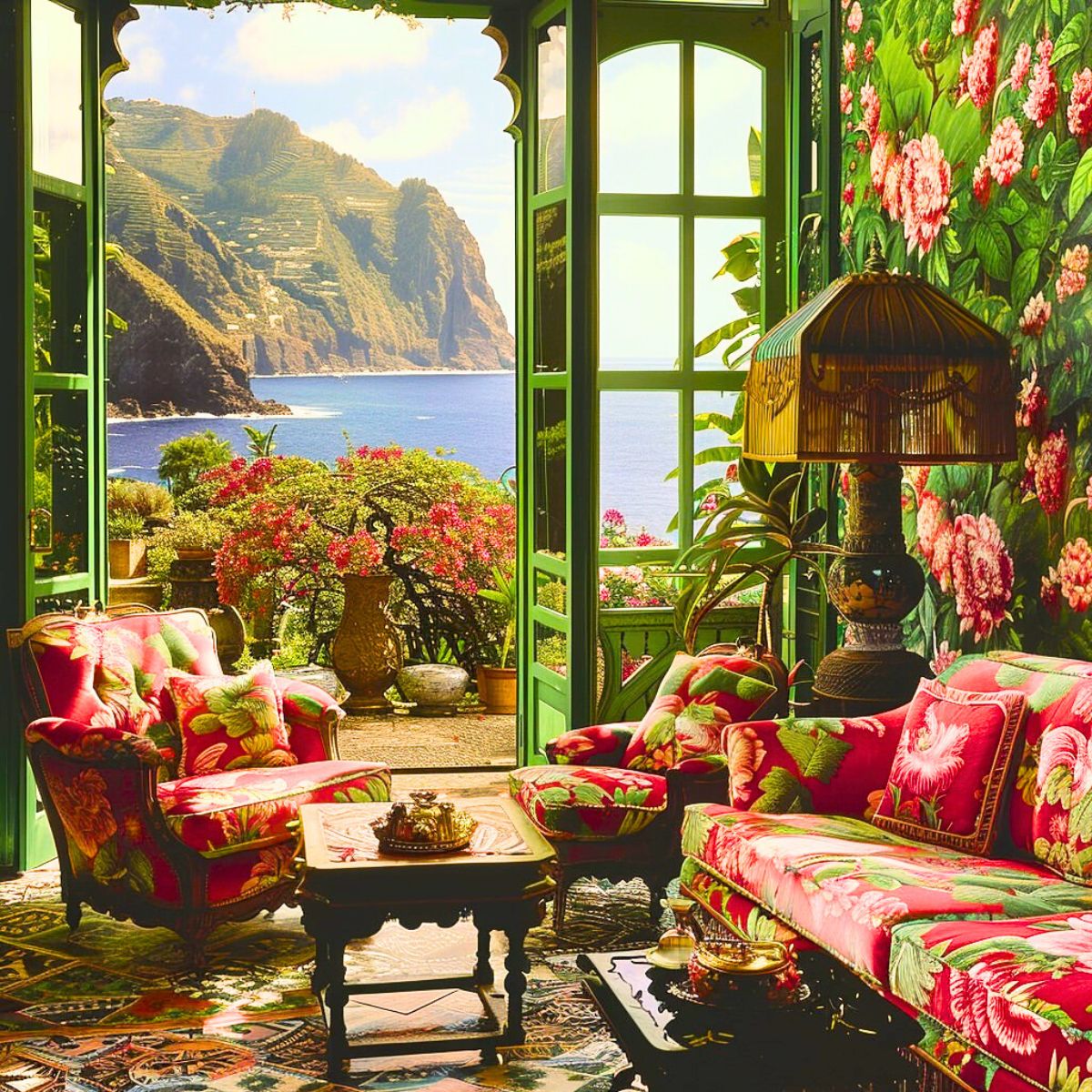
In conclusion, if you want to learn something, there's always the chance to do so, even if you have zero experience. From the unknown come amazing things and creations, and Hajar is a vivid example of that.
Photos by @reverse.orientalism.


